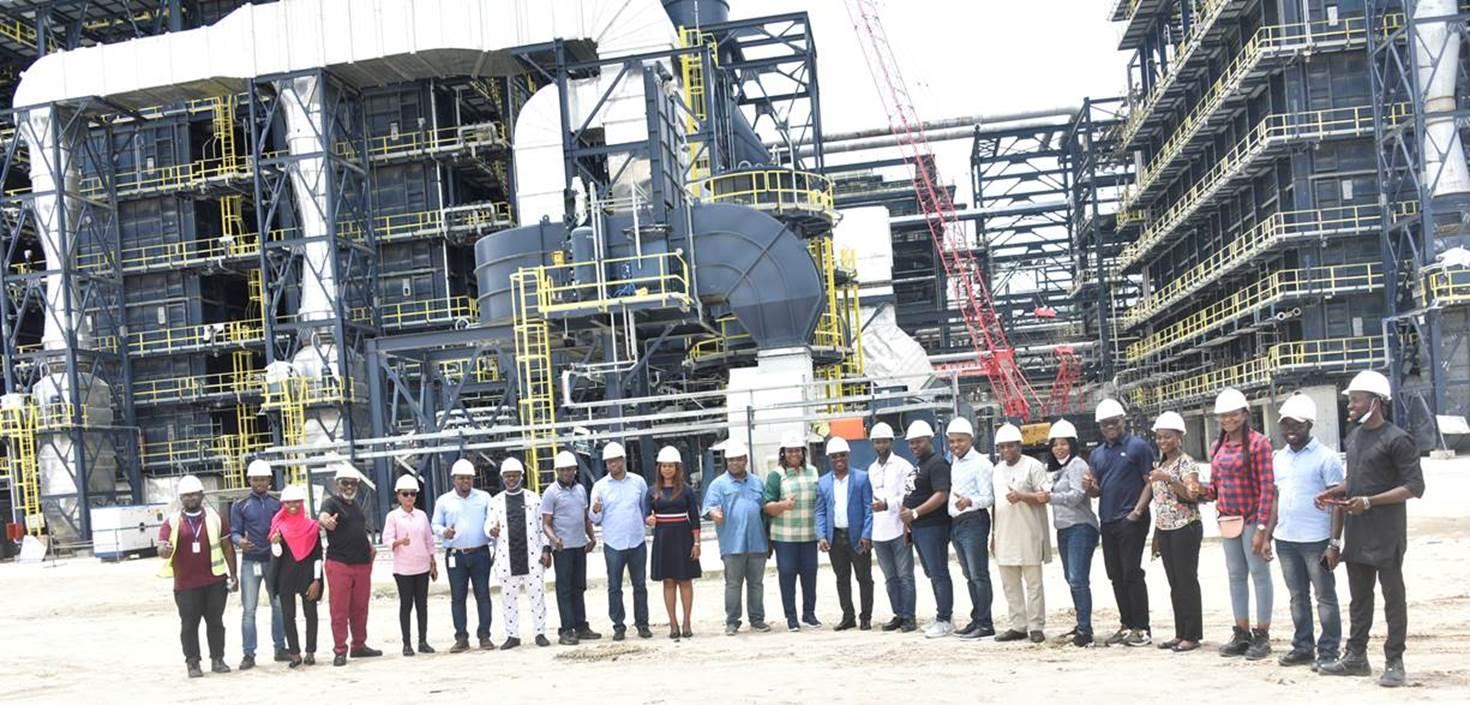Strong indications have started emerging suggesting that although the Federal Government and its Nigerian National Petroleum Company (NNPC) Limited had insisted that subsidy on petrol had ended, following the deregulation of the downstream oil sector, operators insisted that the government was implementing quasi-subsidy.
They explained that with the latest rise in crude oil price, the cost of petrol was meant to increase, stressing that if the government insists on leaving the commodity at N617/litre, then subsidy on PMS had been returned quietly.
The marketers explained that in July when the cost of petrol was raised to N617/litre, crude oil traded around $82/barrel, while the exchange rate was not as high as N950/$ at the parallel market.
Bureau de Change operators revealed weekend that the naira, which earlier closed at 930/$ at the close of operations on Tuesday, was bought and sold at 935/$ and 950/$ on Wednesday.
Otherwise, the rise in the cost of crude oil, coupled with the depreciation of the naira against the United States dollar, might lead to a hike in the pump price of Premium Motor Spirit, popularly called petrol, oil marketers stated on Sunday.
The sharp rise in crude oil price to about $94/barrel and the crisis around forex, had warranted a gradual increase in the amount being quietly spent as subsidy on petrol by the Federal Government.
The Nigerian Association of Road Transport Owners corroborated the concerns of marketers, as it stated that the price cap on petrol had made it tough for marketers to comply with the demands of NARTO with respect to increasing the cost of transportation for petrol.
“The Group Chief Executive Officer of NNPC, in one of his statements, had pointed out that as long as the dollar continues to rise, Nigerians should not expect petroleum products prices to be pegged. The cost of crude oil is also on the rise and it impacts on petrol price, because PMS is derived from crude.
“So in this price deregulation regime, once the dollar increases, automatically it means that the cost of importing petroleum products will also increase. And the cost of every other related service will rise,” the National Public Relations Officer, Independent Petroleum Marketers Association of Nigeria, Chief Chinedu Ukadike, stated.
He added, “So the fuel we are buying today at N617 or N596 depending on where you buy it and based on the nearness to depots, is actually below what the price should really be, going by the rise in dollar and crude oil price.”








